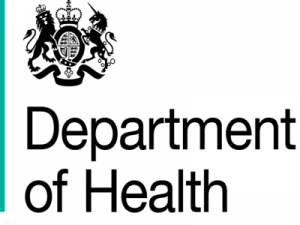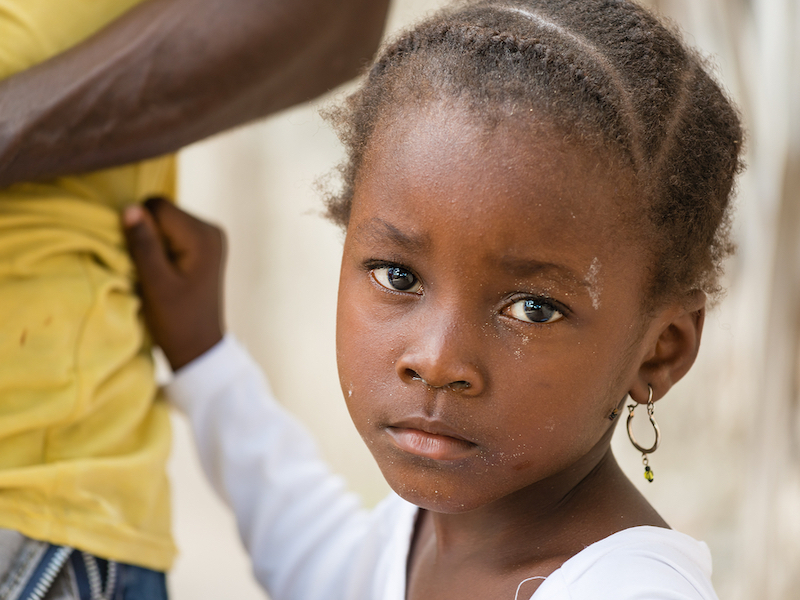 This week the government’s Department of Health launched a dedicated week for FGM prevention, aiming to prevent the practice and raise awareness. This comes as the UN marks its International Day of Zero Tolerance for FGM National Conference.
This week the government’s Department of Health launched a dedicated week for FGM prevention, aiming to prevent the practice and raise awareness. This comes as the UN marks its International Day of Zero Tolerance for FGM National Conference.
FGM prevention week, announced by public health minister Jane Ellison, is urging health and care professionals, an FGM survivor or a member of the FGM practising community to help prevent female genital mutilation.
Last year, 137,000 women and girls in the UK were subjected to FGM – more than any other European country. In Southwark, south London, more than 10% of babies are born to FGM survivor mothers. There is an estimated 60,000 girls aged 0 to 14 years living in the UK who are potentially at risk of FGM. According to the charity UNICEF, around 500 cases of FGM are recorded in England and Wales every month.
Speaking of the launch, Ellison said, “I am immensely proud of the progress that has been made over the recent years to protect and care for women and girls who are affected by FGM. For the first time we have started collecting information about the number of patients the NHS is treating with FGM.”
“We have introduced guidance on how to protect young girls and care for women who have already undergone FGM. And we have brought into legislation a clear new duty of when to report to the police cases of FGM in children.”
“However, there is still more to do and FGM prevention week is an opportunity for everybody to use this knowledge and guidance and take positive action to end FGM. We want to end FGM in a generation in the UK.”
Also in line with the UN’s International Day, the Women’s Equality Party has called for new laws to be introduced to end female genital mutilation in the UK.
Party leader and London Mayoral candidate Sophie Walker said, “WE call for all politicians to get behind our plans for a national database of FGM crimes, so that we can better target high prevalence areas and bring an end to this practice.”
“We also call for specialist training for teachers to help them better recognise the risk factors. FGM should be discussed as part of mandatory sex and relationship education classes at school.”
“It is horrific that so many girls and young women are being mutilated, and we are failing to protect them. All of us have a role to play in stopping this. It’s time we made it a political priority to protect our girls.”
The FGM prevention week will run from 8th to 12th February and will focus on a different aspect of FGM prevention work each day including training, mental health and communities and survivors.
To find out more about FGM and the prevention week, visit the government’s website.








